The Basics of Nuclear Cardiology from an AZ Heart Doctor
Nuclear cardiology studies use noninvasive testing methods to check heart function, myocardial blood flow, and the location and size of the heart. Heart disease is the leading cause of death in America, with more than 500,000 men and women suffering death from coronary artery disease each year. Nuclear cardiology plays a vital role in establishing the diagnosis of heart disease.
Coronary artery disease occurs when there is narrowing of the blood vessels that supply the heart. This results when fatty deposits build up inside the walls of the arteries in a process known as atherosclerosis. When the vessels are clogged, the blood flow to the heart muscle is altered and a heart attack can occur.
Purpose of Nuclear Cardiac Testing
Nuclear testing techniques assess for myocardial injury, inflammation, and infection. The basic cellular component of the heart muscle can be damaged from endocarditis, a heart attack, heart failure, and other conditions. Also these scans are used to monitor the status of the heart after cardiac transplantation. Phoenix cardiologists rely on them frequently.
Myocardial Perfusion Imaging
Myocardial perfusion imaging is done to assess the flow of blood to the heart muscle (the myocardium). Exercise during this test occurs by walking on a treadmill. Also, a pharmacological test is done by administering dobutamine or dipyridamole. During the myocardial perfusion test, a small amount of an imaging agent is injected into your blood stream.
A scanning unit (called a gamma camera) measures the uptake of this imaging agent by your heart muscle. If there is blockage of one or more of the coronary arteries, the heart muscle will not get enough blood during exercise. This decreased blood flow is detected by images during the scan.
Myocardial perfusion studies identify areas of the heart muscle that are poorly supplied with blood, as well as portions that are scarred from heart damage. This test is better than regular stress testing because it provides the doctor with necessary information about heart attack risk.
Radionuclide Ventriculography
Radionuclide ventriculography (RVG) is a test that provides information about the pumping action of the heart. Often called a gated blood pool study or a multiple gated acquisition scan (MUGA), this test is noninvasive and used for people with coronary artery disease or those who have suffered a heart attack.
The ejection fraction (EF) is a predictor of both short term and long term survival. With the radionuclide ventriculography test, a small dose of an imaging agent is injecting into the blood and pictures of the heart chambers are taken with the gamma camera to assess EF. It is multiple gated because the camera takes pictures at specific times while the heart beats. It can be done by resting or with exercise or both.
During the test, a technician will put electrodes on your chest which hook to an EKG machine. You will have an intravenous line to receive the nuclear medicine. The test takes between one to two hours.
Positron Emission Tomography (PET)
PET studies are noninvasive test used to provide information about the blood supply to the heart and the heart’s metabolic activity. These tests also show scarred heart muscle from past heart attacks and other damage.
PET imaging gives the doctor the ability to distinguish irreversibly damaged muscle from muscle that can recover after certain cardiac procedures. Additionally, PET studies evaluate the nervous system of the heart and assess to see if you are a candidate for bypass surgery or angioplasty.
During the PET scan, a tracer liquid is injected into your vein by way of an IV. This moves through your body and collect in specific tissue and organs. It gives off tiny positively charged particles called positrons. These are recorded on a camera and pictures are formed that show details of this activity.
Dr. Yasir Batres of AZ Heart Doctor is the Valley’s leading cardiologist. He is Double Board Certified, highly skilled, and is a cardiologist Phoenix AZ trusts and respects. Most insurance is accepted, call (480) 300-4646 today!
Resources
American Society of Nuclear Cardiology (2013). About Nuclear Cardiology. Retrieved from: http://www.asnc.org/content_11495.cfm
eMedicine (2013). Cardiac Tests. Retrieved from: http://emedicine.medscape.com/article/811577-overview






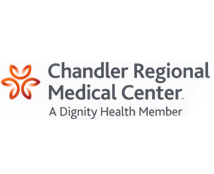
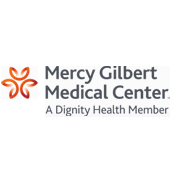
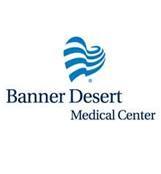
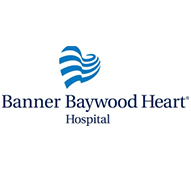
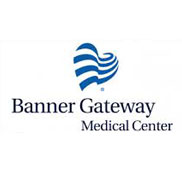
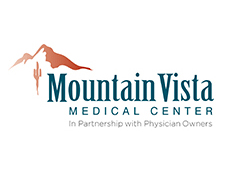
Leave a Reply